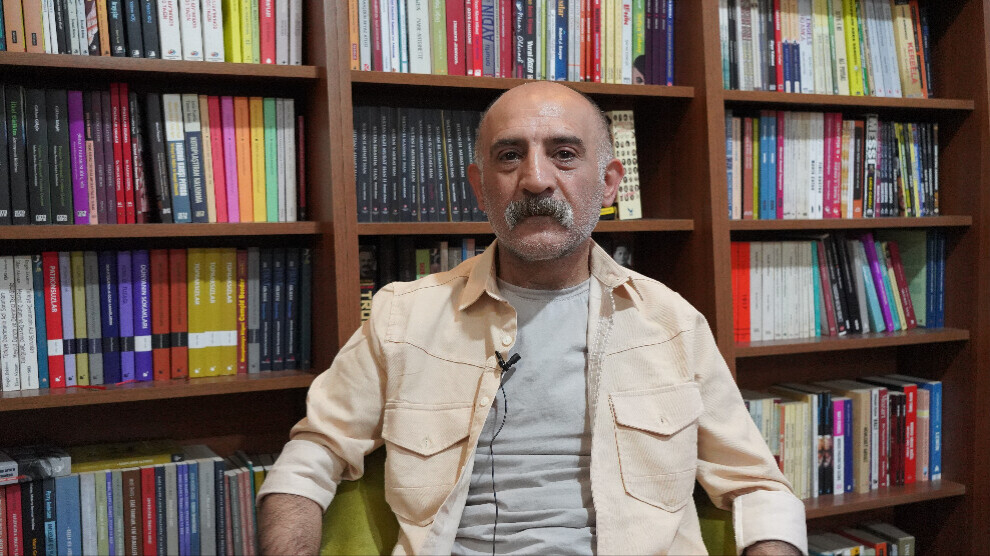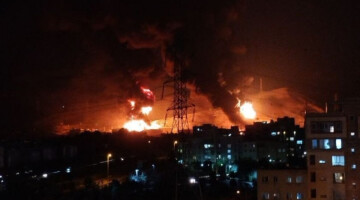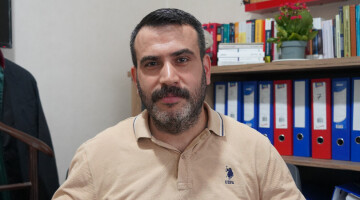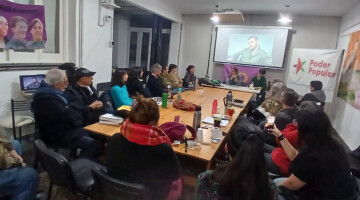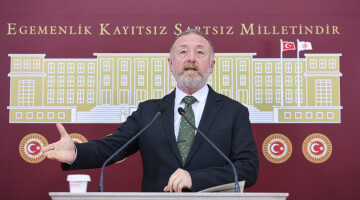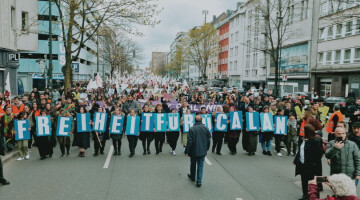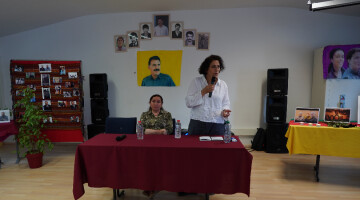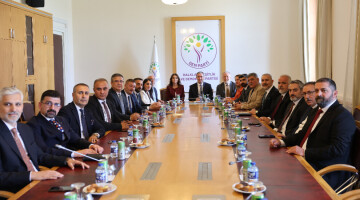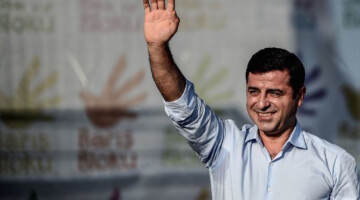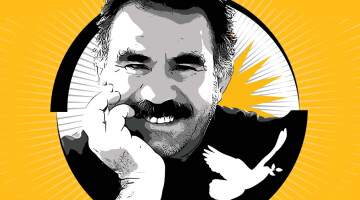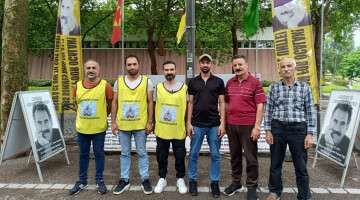With the 'Call for Peace and a Democratic Society' made by Abdullah Öcalan on 27 February, a new phase has begun, receiving support from all segments of society. While the solution offered by Öcalan is being widely discussed in Kurdistan and Turkey, the public awaits concrete legal steps from the state.
Speaking to ANF about the process, journalist and writer Veysel Avcı, who was released after thirty years of imprisonment, said: "Firstly, the peace process is not solely related to the PKK and the past fifty years. This process should be understood as resolving a problem that has resulted from two hundred years of neglect of the Kurdish people.
For two hundred years, the Kurds have faced all forms of genocide and have been victimized. It is not the Kurds who seek or desperately need peace. If the state does not take steps toward peace and resolve this issue, it will continue to live face-to-face with the people's demands. This situation will also become an issue for the Turkish state in the international arena.
The last fifty years of the Republic have been marked by a struggle with the PKK. This has been a conflict process that has affected every area of society. Therefore, we cannot see peace as just a Kurdish necessity. If the state wants to become democratic, it must resolve the Kurdish issue."
Avcı underlined that the Turkish state must approach the process seriously. He said that "the Kurdish issue is not only the problem of the Kurds; it is also the problem of the Turkish state. It is an issue of peace for the peoples of Turkey, not just a Kurdish issue. As long as the state does not take action, a permanent solution will not be achieved.
At this point, the role of Mr. Öcalan is very important. No matter what the Republic of Turkey does, it could not have brought about the dissolution of the PKK. The only power and authority that could achieve this was Mr. Öcalan, and he did it.
Another aspect of this is the ability to understand the changing conditions of the age and for the PKK to undergo a transformation by moving away from repetitive political narratives. The dissolution of the PKK does not mean abolishing it entirely. Even if the PKK is dissolved, the values it created, its perspective, lifestyle, respect for humanity, richness of social organization, and democratic nature remain permanent.
What changes is simply the means of struggle. The removal of violence signifies a demand to transition from a political struggle to a democratic struggle. At this point, the state should not reject this extended hand for peace.
For the first time, there is a hand extended even by someone like Devlet Bahçeli. However, unless obstacles are removed, the Kurdish issue will remain on the agenda."
Avcı pointed out that the state is responsible for peace towards the entire society. He said that "the state must urgently implement legal reforms. The most pressing issue in society today is the erosion of trust in the state. This is not just due to a break in the peace talks; it is the result of a 200-year rupture. Social awareness on this matter is very strong. The state is not taking the necessary steps. Some things are being done, but they fall short. To avoid going back to square one, the state needs to take legal steps.
The PKK has taken a step to the extent of dissolving itself. There is serious concern in society. If the PKK has taken such a step, why doesn’t the state reciprocate? The state must also take action in return. The first expectation is regarding prisons and sick prisoners. Society does not trust the state’s verbal declarations."
Veysel Avcı concluded by stressing that legal regulations must be implemented swiftly to avoid derailing the process. He said the peace process "is not just a matter concerning the Kurds; it will also be an opportunity for the transformation of the Republic of Turkey. Since the state cannot take steps on its own, it can use the Kurdish question also to transform itself.
The Kurdish question also concerns the Turkish state. Treating this issue as if it were solely a Kurdish matter is fundamentally wrong. The Kurdish question did not arise out of nowhere. It began with the denial of the most basic national and cultural rights. It is the Turkish reality that caused this problem to emerge.
Therefore, the peace process also marks the beginning of the Turkish state’s democratization process."

